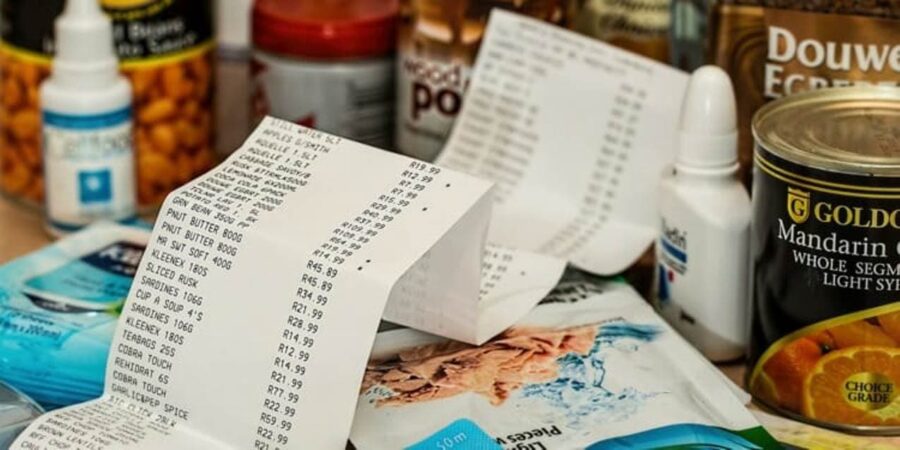
Food date labels: here’s what you need to know
There is no provision for ‘expired food’ in the current South African Labelling Regulations.

With food safety in the spotlight, the City’s Environmental Health Service advises the public to know the difference between food date markings and to follow the storage and usage instructions to the letter. Not only will you help keep your family safe, but you can also save money and minimise food waste.
The regulations do however dictate that all foodstuff have a clearly indicated date marking on the label.
The only exceptions are unprocessed, unpacked fresh fruits/vegetables/fish/ meat products and products that by nature do not spoil, such as vinegar.
Generally, South African consumers will be faced with three different date descriptions:
- ‘Best Before’, which generally applies to foods that do not require refrigeration (canned goods, rice, pasta, cereal, biscuits etc.)
- ‘Sell By’, which is the date by which it should leave the store, but will still be safe for a reasonable period of time after
- ‘Use By’, which is the most critical, and generally applies to meat, dairy or any other product that requires refrigeration. This date means that even if the fresh product was kept in the fridge at the required temperatures, the product is, by its nature, more likely to spoil and will probably not have the level of quality normally expected by consumers and should not be regarded as marketable or palatable. Therefore residents are advised to not purchase fresh perishable products that should be kept in the fridge after these ‘use by’ dates. The exception is if items are placed in the freezer by the ‘use by’ date. They should then be safe for consumption at a later date.
ALSO READ: Fake Food What to do if you suspect counterfeit products
Where, and what to look out for:
- Date markings on foodstuffs are usually visible on the primary packaging. If the outer wrapper is discarded, the date marking must also appear on the packaging that will be retained by the consumer.
- Date marking of locally produced foods shall have the format of Day/Month/Year – only numbers may be used e.g. 02/11/23.
- For imported foods when not in Day/Month/Year format, the month shall be in letters(full or abbreviated), and the year in full e.g. Nov or November and the year shall be fully written out e.g. 2023.
It’s important to know that the labelling regulations do not prohibit the sale of food beyond the dates on the labels, but act as a guide for consumers to make more informed choices. It is however illegal to remove or tamper with dates on products, and then sell them. Equally important to note, if stored correctly, most items that have passed their best-before dates are still perfectly fine to consume, apart from having lost some of their nutritional value.
FOOD LABELLING TIPS
Always check the dates on your food products before purchasing.
Always follow the recommended storage instructions and recommended product use instructions found on the label, e.g. Store in a cool, dry place; refrigerate after opening; once opened, use within three days etc.
Except for fresh unprocessed fruits, vegetables, meat, unpackaged fish and ready-to-eat foodstuffs, the South African Labelling Regulations require that all food products be labelled in English, and where possible, a second official language.
’Best Before’, ’Sell By’ and ’Use By’ are dates recommended by the manufacturer to ensure you purchase a safe, quality food product.
Always check the packaging of food products before purchasing. Do not purchase canned food products that are bulging, rusted, dented or damaged. Where applicable, food should be packed, wrapped or sealed to protect the contents.
Always use your senses (sight, smell, touch) to help determine and ensure food products are safe to use and eat.

